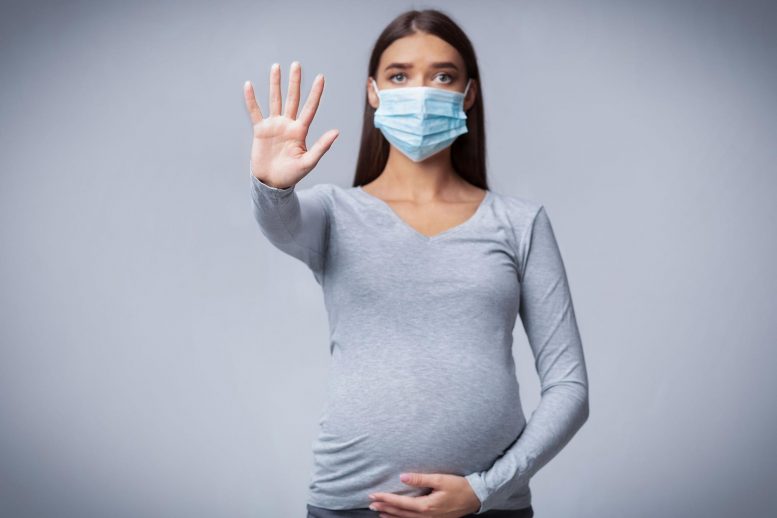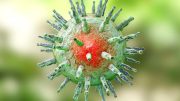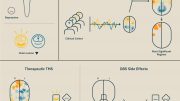
Pregnant women with COVID-19 make antibodies, but the transfer to their infants is lower than expected.
Research shows that certain segments of the population who contract SARS-CoV-2, the strain of the virus that causes COVID-19, tend to get sicker and are at higher risk for worse outcomes, and that includes pregnant women and infants under two months.
In a new study to be presented today at the Society for Maternal-Fetal Medicine’s (SMFM) annual meeting, The Pregnancy Meeting™, researchers will unveil findings that suggest that women who contract COVID-19 during pregnancy are able to make antibodies, but that transfer of these antibodies to their infants is less than expected.
Antibodies are produced by the body’s immune system to help fight against infection. Specifically, the study looked at immunoglobulin G (IgG) and neutralization activity, a measure of the potency of antibody response, in the maternal immune system.
IgG antibodies make up approximately 75 percent to 80 percent of all the antibodies in the body and can cross the placenta to the fetus. Neutralizing antibodies block infection and make viruses less active.
“A recent study analyzed maternal antibody response to infection, but our study is the first to look at the maternal immune response and neutralizing antibodies,” said one of the study’s lead authors Naima Joseph, MD, MPH, a clinical fellow in maternal-fetal medicine at Emory University School of Medicine and a member of the SMFM COVID-19 Task Force. “We also looked at the transfer of those antibodies across the placenta to the fetus.”
The study analyzed maternal and umbilical cord blood samples from 32 women who tested positive for COVID-19 during pregnancy. Of the maternal samples collected, 100 percent contained IgG and 94 percent contained neutralizing antibodies. Of the cord blood samples, 91 percent contained IgG and 25 percent contained neutralizing antibodies.
“What was interesting about this study is that even if a woman was asymptomatic, she still developed high levels of COVID-19 IgG and neutralizing antibodies,” said Joseph.
“A major way that infants are protected from infection is from the antibodies that they receive in utero, so whether a woman was asymptomatic or not, we would have expected to see a higher percentage of antibodies transferred from mother to infant, especially neutralizing antibodies,” said another of the study’s lead authors, Martina L. Badell, MD, a maternal-fetal subspecialist and associate professor at Emory University School of Medicine. “The next step is to understand why antibody transfer is different in COVID-19 infection from other infections and whether the transfer of these antibodies increases when we vaccinate a pregnant woman.”
Reference: American Journal of Obstetrics and Gynecology.
Meeting: Society for Maternal-Fetal Medicine to Hold 41st Annual Pregnancy Meeting Virtually









Be the first to comment on "Pregnant Women With COVID-19 Develop High Levels of Antibodies – But Transfer to Newborns Is Lower Than Expected"